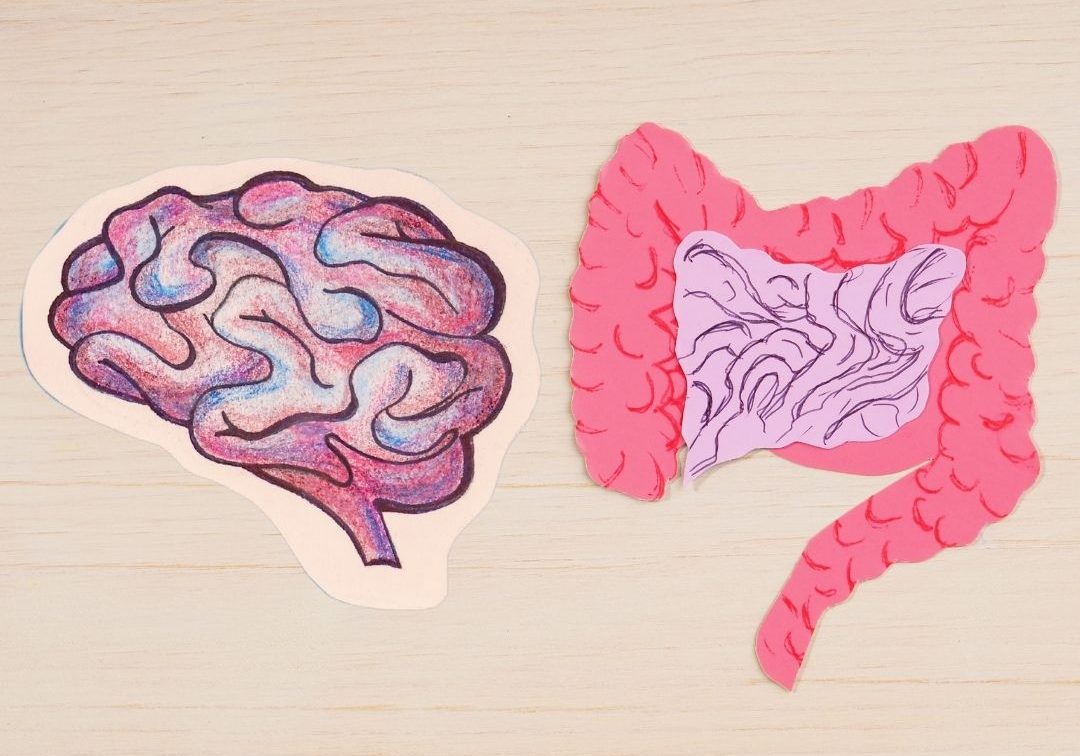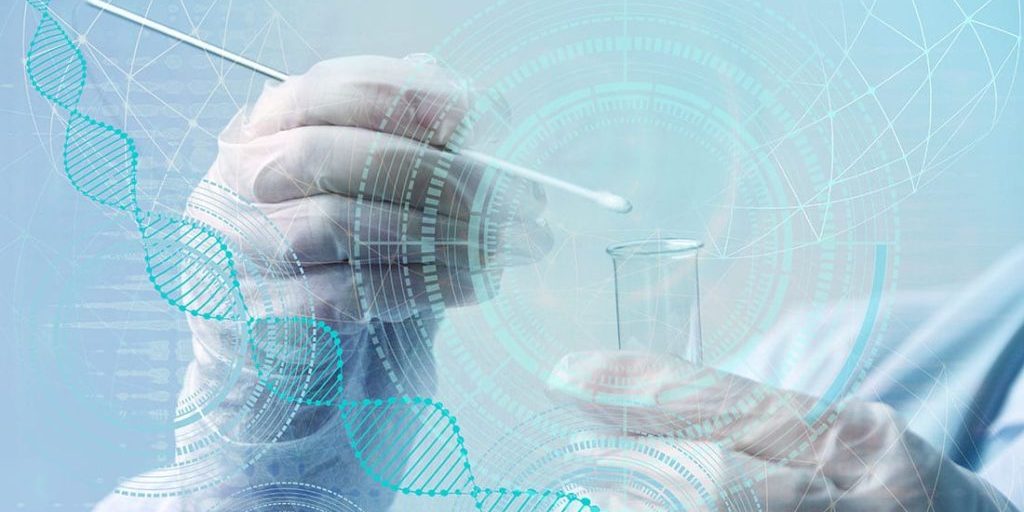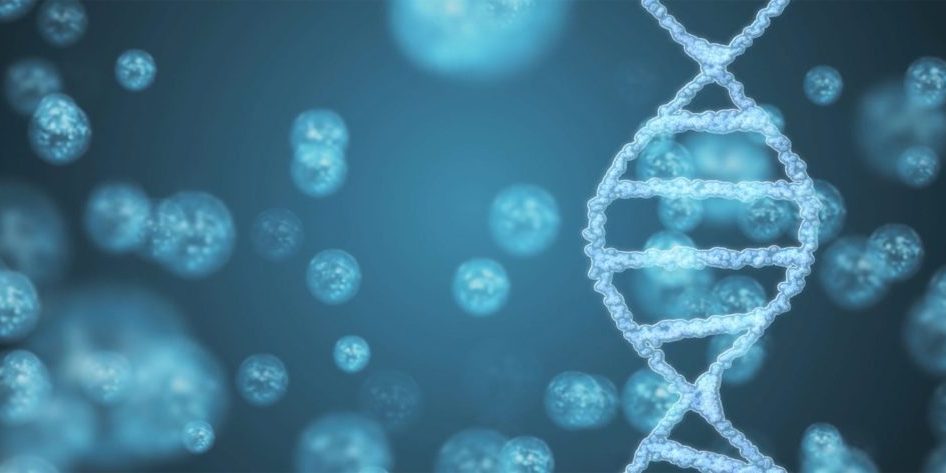Authors: Cynthia M. Bulik, Ian M. Carroll, Phil Mehler
Journal: Cell Press. 2021 Oct;32(10):752-761. doi: 10.1016
Main research question addressed: What is the role of psychiatric, microbiota, genetic, and metabolic factors in the etiology and treatment of anorexia nervosa?
Participants: Opinion piece; not a research study
Background: Our recently published genome-wide association study of anorexia nervosa identified loci (i.e., positions on the chromosome where a gene or genetic marker is located) that had been previously associated with several metabolism-relevant traits such as BMI, high-density lipoprotein levels, and obesity.
Furthermore, on a genetic level, anorexia nervosa was correlated (same genes influencing the traits) with both other psychiatric disorders (same genes, same direction of effect) and metabolic and anthropometric (body measurement) traits (same genes, opposite direction of effect).
Studies of the intestinal microbiota have found that the intestinal epithelial cells may be severely damaged and unable to properly absorb nutrients after severe malnutrition. This could explain challenges we face in treating anorexia nervosa, as the need for prolonged high-calorie renourishment could be related in part to an inability to effectively absorb nutrients.
Conclusions: Recent research on the genetics of anorexia nervosa suggests that it has both psychiatric and metabolic origins, warranting the term “metabo-psychiatric disorder”. New treatment approaches considering the role of the intestinal microbiota in anorexia nervosa are also being studied to improve treatment outcome. The genetic associations of anorexia nervosa with metabolism may eventually allow us to use genetic profiles to tailor renourishment strategies, potentially enhancing the effectiveness of treatments.
Clinical implications: Integrating findings from genetic and microbiota research could help inform new nutritional and pharmacologic interventions to improve treatment outcome for anorexia nervosa.











